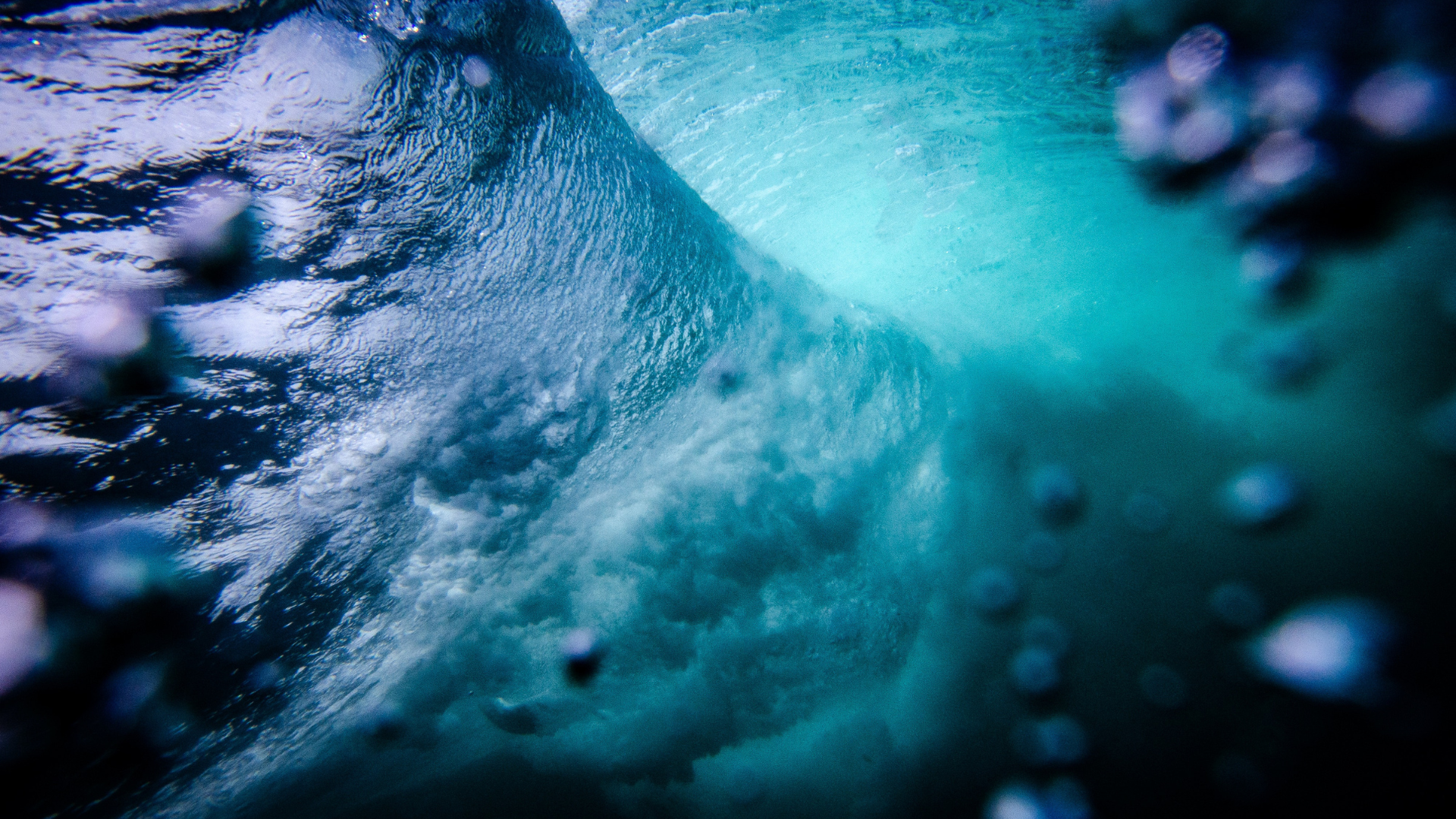Today is a special day: it has been 30 years since the concept of a day dedicated to the world’s oceans was first proposed at the United Nations. At its essence, this June 8th is meant for all of us to reflect on the importance of oceans to our planet as well as to intrigue us in deepening our understanding of their many stories and wonders.
Now, this year’s theme for the United Nations’ World Oceans Day is calledRevitalization: Collective Action for the Ocean.
“Revitalization”. I invite you to reflect on this word for a moment.
To revitalize is to imbue something with new life and vitality. But why exactly do oceans need collective action for revitalization? It is because human’s relationship with the oceans is, to put it mildly, unsustainable. Cries to stop the vicious cycle of marine resource depletion and ocean pollution can be heard across the world daily. Yet, several indicators show that various marine ecosystems worldwide are still in imminent danger of disappearing due to unsustainable human practices and lifestyles.
“Revitalization.” I wonder: if marine life is in danger because of the vicious lifestyle people accepted for themselves, who exactly needs to be revitalized? The oceans or us? If we are to revitalize the oceans, therefore, we need to look beyond viciousness in our lifestyles and revitalize our relationship with the oceans – revitalize ourselves.
In my view, this can only be achieved by a combination of individual and collective action, starting by revitalizing our mindset, no matter how young or old, on what it means to be part of nature and to respect planetary boundaries.
As for the World Oceans Day, countless educational and community-engaging events worldwide are doing just that today: revitalizing. I invite you, dear reader, to explore those events on platforms such as the World Ocean Day Database – or perhaps organize one yourself.
For should we fail to revitalize ourselves, we fail to revitalize our oceans.
Happy World Oceans Day!

César Soares de Oliveira is a doctoral researcher at the University of Eastern Finland in association with the Center for Climate Change, Energy and Environmental Law (CCEEL). His research focuses on the ecological impacts produced by the legal-geographical separation of marine ecosystems. His PhD is funded by the Nessling Foundation.

